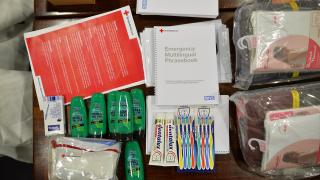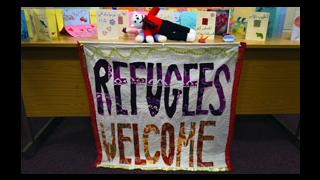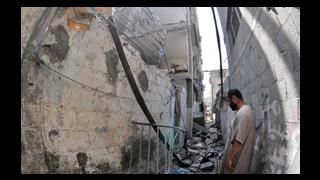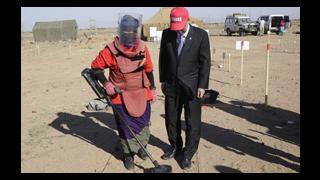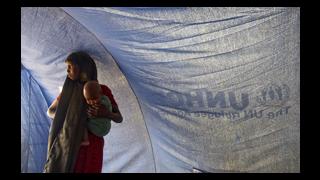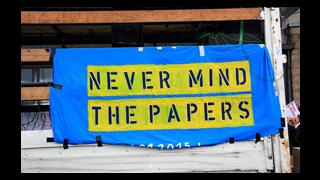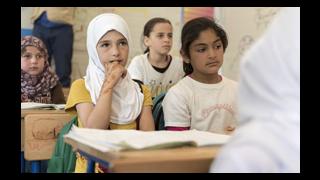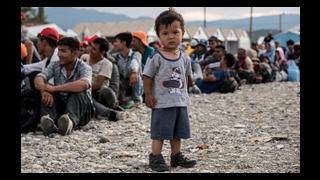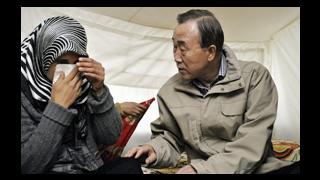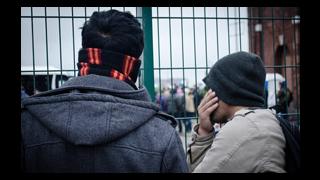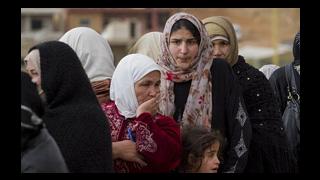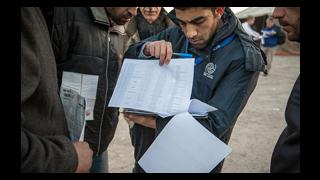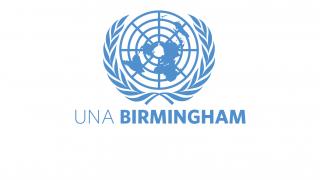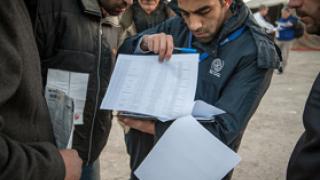
Genevieve Woods is Administrative Officer at UNA-UK. She is an Australian solicitor and holds a Masters in International Human Rights Law from Oxford University
“All persons shall be equal before the courts and tribunals. In the determination of any criminal charge against him, or of his rights and obligations in a suit at law, everyone shall be entitled to a fair and public hearing by a competent, independent and impartial tribunal established by law.”
This is the wording of the right to a fair trial, as set out in Article 14(1) of the legally binding International Covenant on Civil and Political Rights (ICCPR). It sets out the minimum guarantees to which defendants are entitled, including the right to be informed of the charges against them, to be tried in person, to obtain legal counsel and to examine witnesses.
Most of us believe that these guarantees, like so many human rights, are universal and inalienable. However, they are curtailed by an arbitrary limitation – Article 14 states that they apply to criminal proceedings, which excludes civil and administrative cases. That means they don’t apply to someone who is unfairly dismissed from employment, who has their children removed without warning or to someone whose housing is wrongfully taken away. Most relevantly, it means that the protections don’t apply to refugees.
When these provisions were drafted, it would have made sense to give criminal defendants extra protections. Unlike parties in civil trials, criminal defendants can face harsh penalties if convicted, such as imprisonment or, in some countries, death. The drafters also recognised that there is an inherent power imbalance in criminal cases, where the resources and expertise of the state are brought to bear against a lone defendant. The fair trial guarantees were designed to redress this imbalance.
The problem is, immigration proceedings are neither civil nor criminal; they fall into the halfway category of administration law. While it’s easy to see why defendants in civil cases have been denied additional fair trial protections, the same cannot be said for subjects of immigration cases. For refugees, the consequences of losing their case can be just as serious as those for criminal defendants, and in some cases worse – they can be separated from their families, indefinitely imprisoned or sent home to face persecution or death. Refugees also suffer a more serious power imbalance, as they are often traumatised and impoverished, with limited language skills and little or no understanding of the laws of the state determining their fate. These defendants need the protection of international human rights law more than most to ensure that their hearings are just.
Despite this, many courts (including the European Court of Human Rights) are currently using this limitation in the ICCPR as the basis to deny legal protections to refugees. They are able to do so because the Human Rights Committee (HRC) – the UN body charged with overseeing the implementation of the ICCPR – has failed to provide clear definitions of the exclusion in Article 14(1). The exclusion states that the protections apply both “in a criminal case or in a suit at law”, but it’s not clear what the latter phrase actually means. The HRC has produced conflicting decisions in different cases, and the relevant General Comments – which serve to interpret provisions of international law – are inconclusive.
However, in responding to states, the HRC has repeatedly advised that Article 14 guarantees should apply in immigration cases. For example, it demanded fair trial protections for asylum seekers in Latvia, Russia, Angola and Bulgaria. Most notably, the HRC advised Australia that it was concerned at the lack of effective review process available for immigration decisions “pursuant to Article 14 of the ICCPR”. This is just one of many examples.
It is time for the United Nations to clarify this issue and to bring its convention guidance in line with the rhetoric of the HRC. There is no reason to continue to deny refugees the right to representation, to attend their own hearings or to know the case against them. The HRC has the power to extend these protections by issuing a clarification that the phrase “a suit at law” in Article 14 includes immigration proceedings. This will set the international standard for states in processing refugee claims and mark an important first step towards ensuring that the world’s most vulnerable defendants receive justice.
Photo: IOM staff speak with Syrian refugees as they are organized into groups before they are boarded onto buses and taken to be processed for resettlement. Credit: International Organization for Migration

